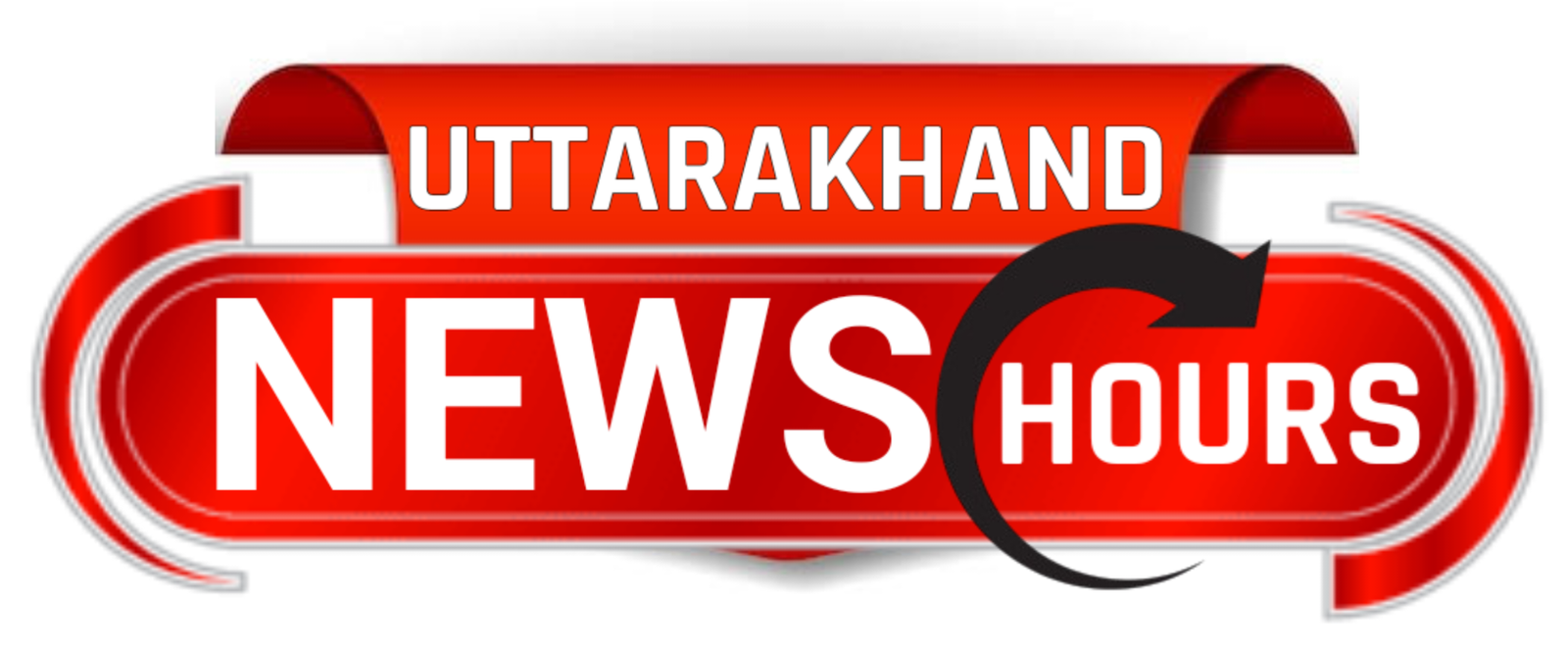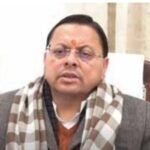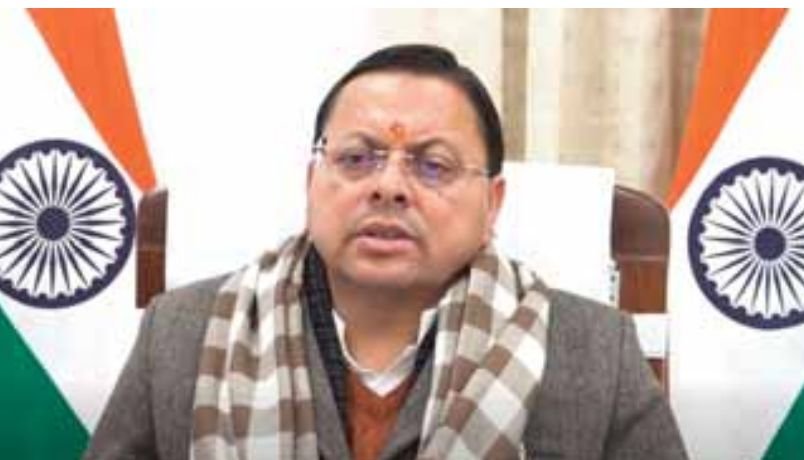Dehradun: Chief Minister Shri Pushkar Singh Dhami participated in an interaction program on the topic of “One Nation, One Election” with the Joint Parliamentary Committee at Dehradun. He welcomed and extended greetings to the Chairman of the Joint Parliamentary Committee, Mr. P.P. Chaudhary, and all the committee members.
The Chief Minister said that ‘One Nation, One Election’ is an important initiative towards making our democracy more empowered, effective, and inclusive. He said that despite its diversity, our electoral system has remained effective and strong. However, due to elections being held at different times, the Model Code of Conduct is imposed repeatedly, which brings all governmental work to a halt. Whenever elections are held, a large number of personnel have to be diverted from their regular duties to election duty.
The Chief Minister pointed out that in the last three years, due to the Model Code of Conduct for state assembly, parliamentary, and local body elections, the administrative machinery of the state was unable to make policy decisions for 175 days. For a small and resource-limited state, these 175 days are crucial from a governance perspective. He said that the state government bears the full expenditure of assembly elections, while the central government bears the cost of parliamentary elections. If both elections are conducted simultaneously, the financial burden on both the state and central governments would be equally shared. Conducting both elections together would lead to a saving of around 30 to 35 percent in overall expenses. These savings could then be utilized in sectors like health, education, roads, water, agriculture, and women empowerment.
The Chief Minister added that in Uttarakhand, the period from June to September coincides with the Char Dham Yatra and the monsoon season, making it very challenging to conduct elections during this time. Similarly, the election process should also not be scheduled during the final quarter of the financial year, from January to March. The High School and Intermediate board examinations in February and March put additional pressure on administrative resources. He emphasized that for states like Uttarakhand, which have hilly and difficult geographical conditions, “One Nation, One Election” is of great importance.
The Chief Minister also said that reaching polling stations in the remote areas of Uttarakhand is difficult, resulting in more time and resources being required for the electoral process. For voters in mountainous regions, participating in elections is also a challenge. Frequent elections reduce people’s enthusiasm to vote, and the overall voter turnout also decreases.











